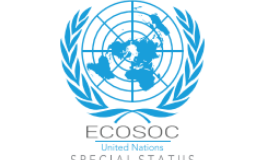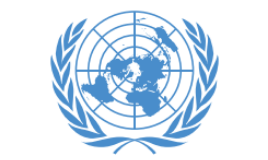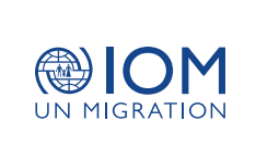Each year, 2.6 million people die from water-related diseases, making dirty water one of the leading causes of death in the world, ahead of deaths caused by war and conflicts.
Every day, women, girls, men and boys spend 200,000,000 hours walking to collect water for their families. This time accounts for billions in lost economic opportunities. $260 billion is lost globally each year due to lack of basic water and sanitation services.
Education is crucial for breaking the cycle of poverty. However, because of the long distances to fetch water, many students have no option but to lose valuable school time. In addition to this, lack of water and proper hygiene are a major cause of school absence; around 443 million school days are lost each year due to water-related illness.
Qatar Charity’s water and sanitation programming strategy aims to:
• Improve access to clean water and sanitation services
• Prevent water-borne diseases
• Increase health awareness and personal hygiene
• Promote sanitation and hygiene practices in schools
• Reduce water scarcity-induced migration movements
• Support water use in agriculture to enhance food security.
Water projects allow the basic needs of families to be met: health, nutrition and education. More importantly, access to viable sanitation makes the economic development of entire villages possible through agricultural activities.
In 2019, Qatar Charity implemented more than 9,900 water projects, ensuring the local communities are trained in sanitation and hygiene, and establishing local committees to ensure the continuity and sustainability of the projects. These water and sanitation facilities have brought 6 million people closer to a water point in 44 countries.
The inclusion of a gender-based approach in WASH provision is a direct response to how women are particularly held back by poor access to water and sanitation.
350,000,000 hours are spent every day to collect safe water from the closest water sources. This responsibility is usually borne by women and girls, putting them at a great safety risk, and accounting for precious hours that can be spent at school, at work or at home. By bringing a water source closer to these families, women will have more time to develop an income-generating activity and girls will miss less days at school.
In communities without proper access to latrines, women and girls often find themselves prisoners of “daylight”: most of them will only use toilets during the day when it is still safe because they are acutely aware that night trips can lead to harassment, sexual abuse or death. This forced continence has led to serious diseases and psychological trauma and is unfortunately widely observed in refugee settlements around the world.
Menstrual periods can be a life-altering time for girls in some communities. About 10% of girls in developing countries miss school during their periods because they lack education on menstrual hygiene and because schools lack proper equipment and hygiene services. Qatar Charity delivered a Menstrual Hygiene Program in Pakistan, working with 40 schools to deliver menstruation guidance and distribute hygiene kits for girls and their female family members. These programs reached 4,000 female students across Pakistan. The evaluation found that more than 95% of these girls stopped missing school whilst menstruating, and beneficiaries felt more empowered and more equal with their male classmates when it came to accessing education.
Over the past three decades, we have completed more than 50,000 water projects. Upon completion, we establish a local managing committee to guarantee its sustainability and durability. Women are part of these committees, and play a key role as they hold the most knowledge about water resources, quality, storage methods and domestic management.
• Surface wells.
• Artesian wells.
• Water and sanitation facilities
• Health and hygiene practices promotion
| Water and sanitation projects (2014 - 2018) | ||
|---|---|---|
| Total spending (USD) | Number of beneficiaries | Number of countries |
| 65,682,242 | 7,500,000 | 33 |









